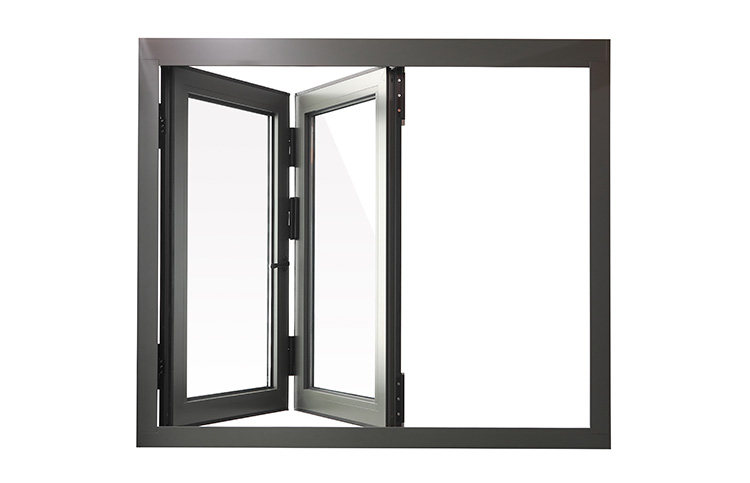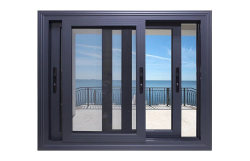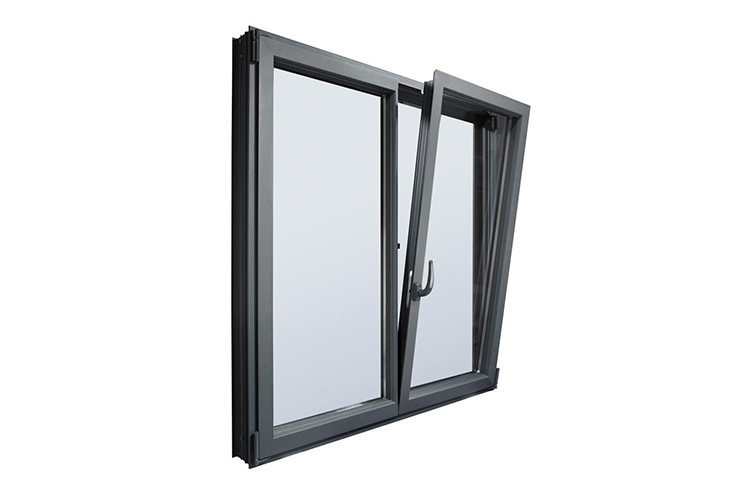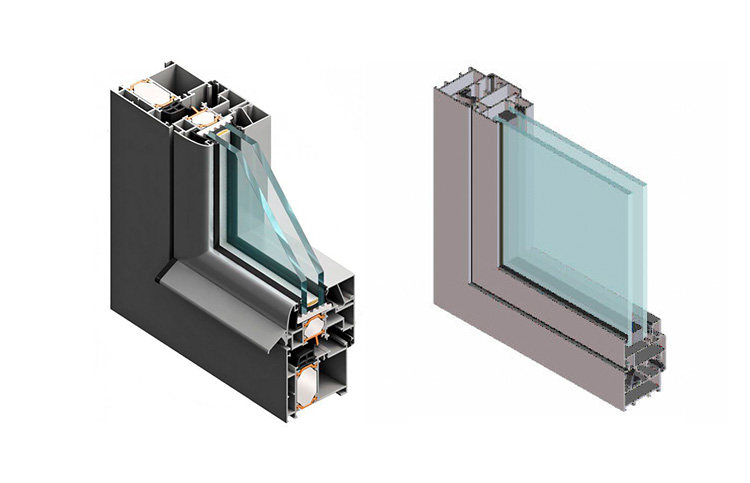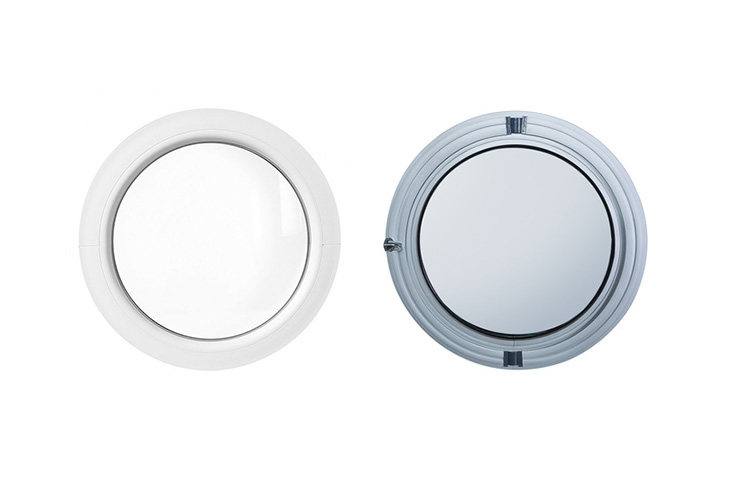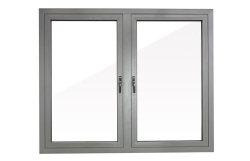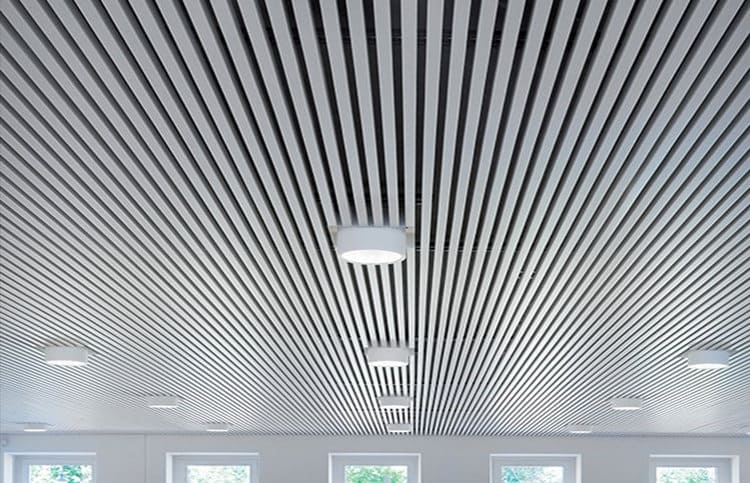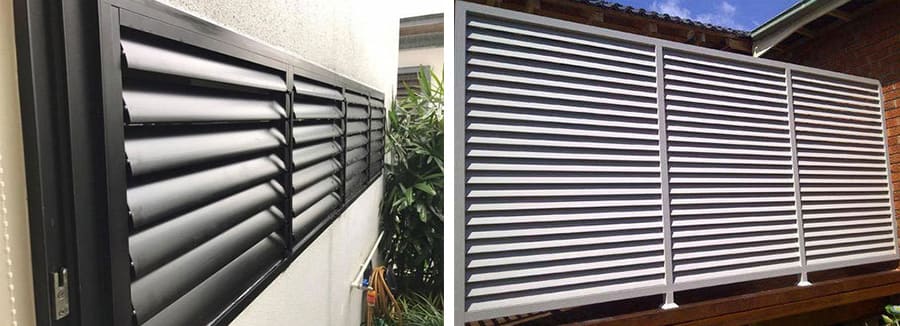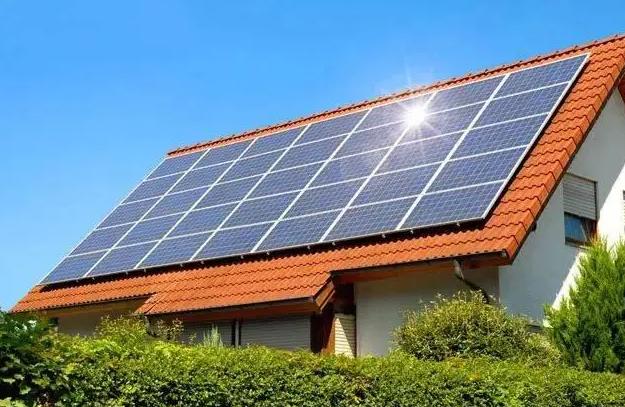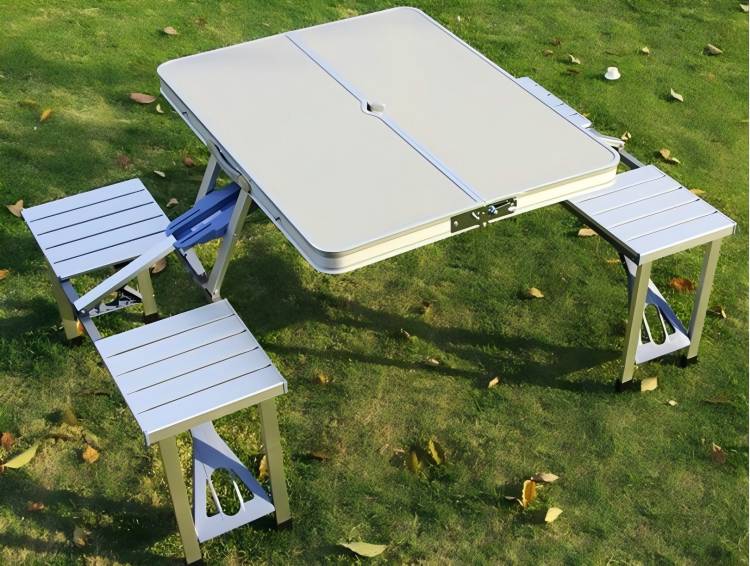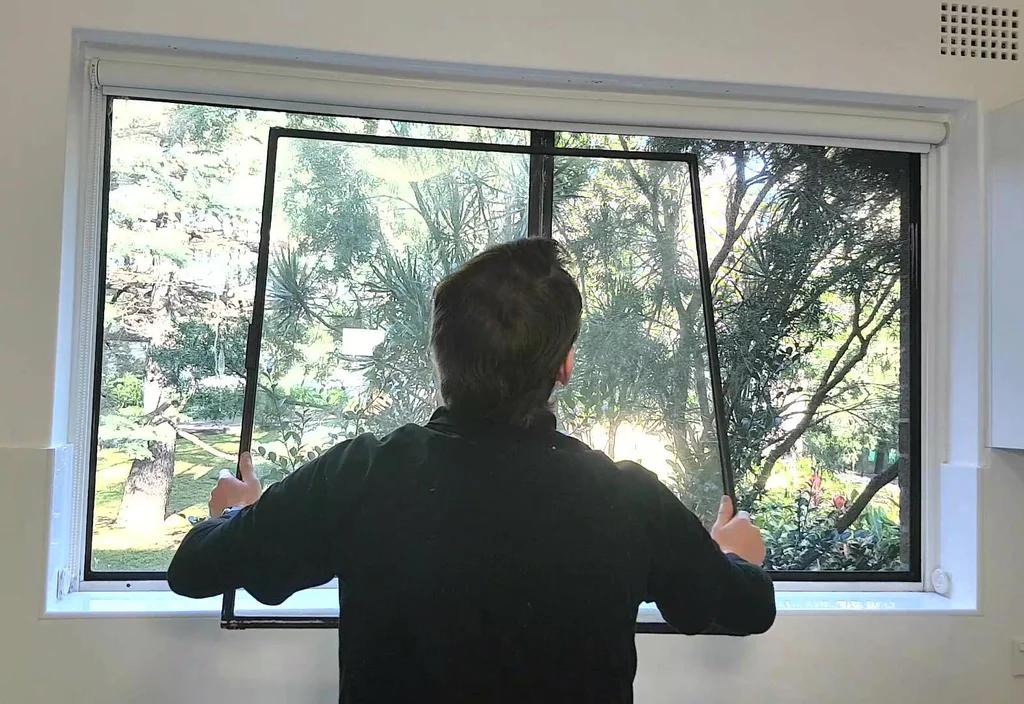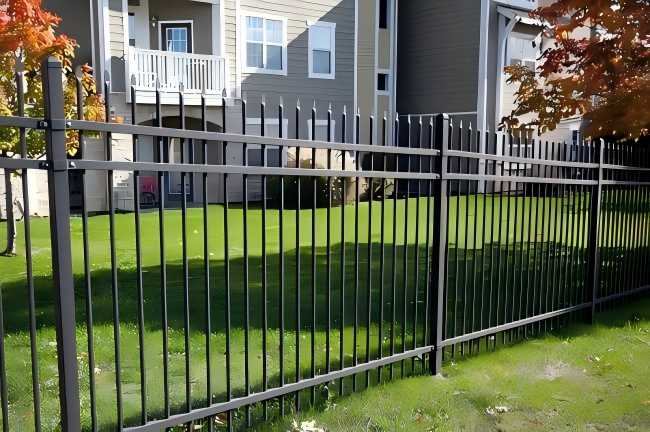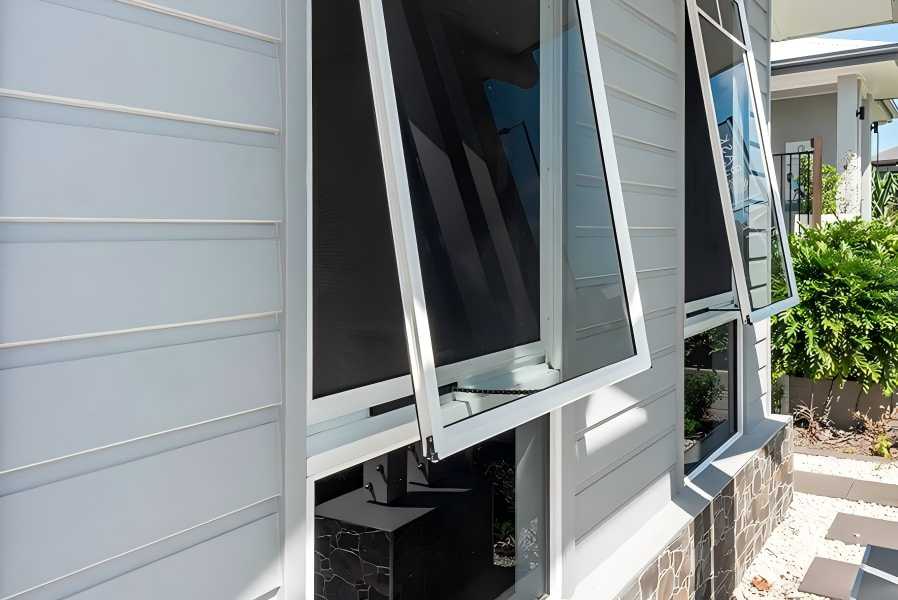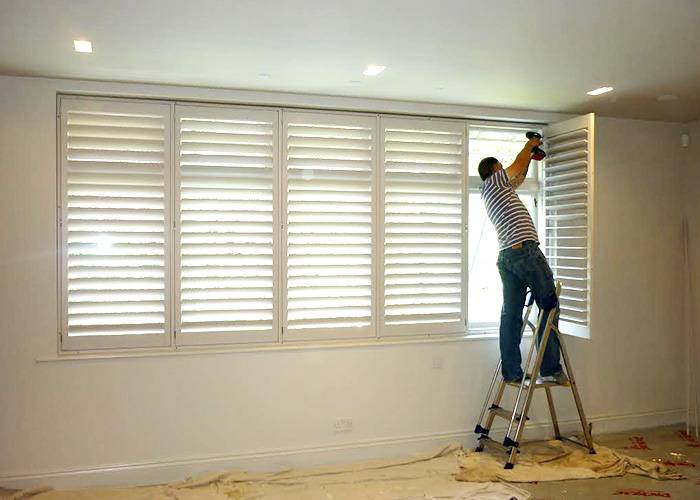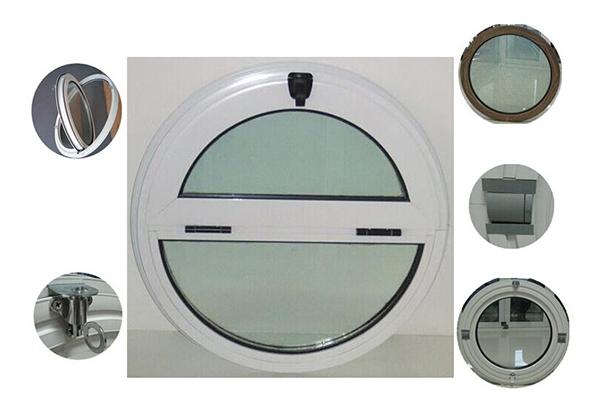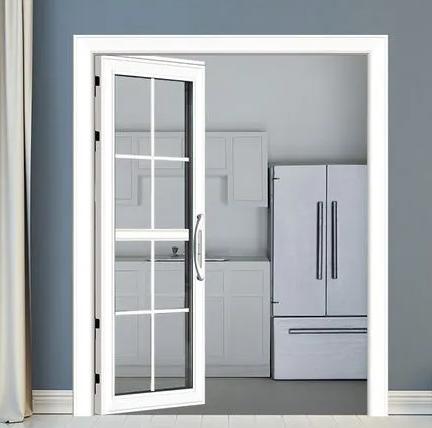Aluminum louvers have become essential components in modern architecture and industrial systems. Their ability to provide ventilation, sun control, and aesthetic enhancement makes them incredibly versatile. In this article, we’ll explore the different types of aluminum louvers and their specialized applications, helping you understand their unique characteristics and how to choose the right one for your project.
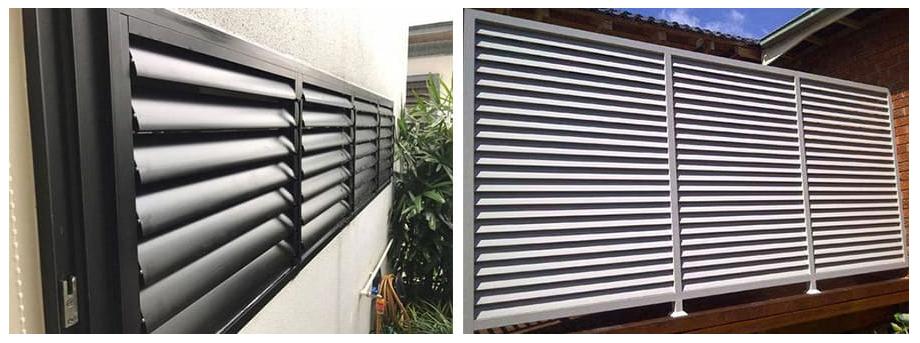
Aluminum louvers are slatted structures used primarily for controlling airflow, light, and sunshade in buildings and systems. Their lightweight, durable, and corrosion-resistant nature makes them highly suitable for both functional and decorative purposes. Whether you’re looking to enhance ventilation, protect against weather, or add a stylish touch to a building’s façade, aluminum louvers offer a wide range of solutions.
Types of Aluminum Louvers
Fixed Aluminum Louvers
Fixed aluminum louvers are stationary louvers where the blades remain in a fixed position. This type is commonly used for applications requiring consistent airflow or shade without the need for adjustment.
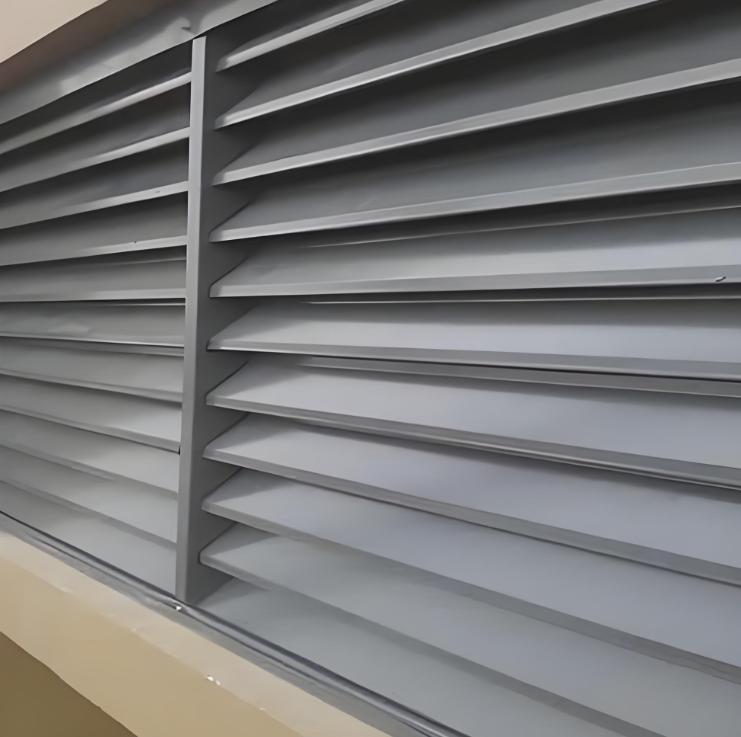
Applications:
- Fixed aluminum louvers are ideal for industrial buildings where ventilation is required but where environmental conditions do not change frequently.
- They are also popular for permanent sun shading on commercial and residential buildings, ensuring constant protection from the sun.
Advantages:
- Low maintenance: Since they have no moving parts, fixed louvers require minimal upkeep.
- Cost-effective: A simple design makes them more affordable than adjustable options.
- Durable: Fixed aluminum louvers are highly resistant to weather and corrosion, offering long-term durability.
Adjustable Aluminum Louvers
Adjustable aluminum louvers allow for manual or automatic adjustment of blade angles. This flexibility makes them suitable for applications where the control of airflow, light, and sunshade needs to be adaptable to changing conditions.
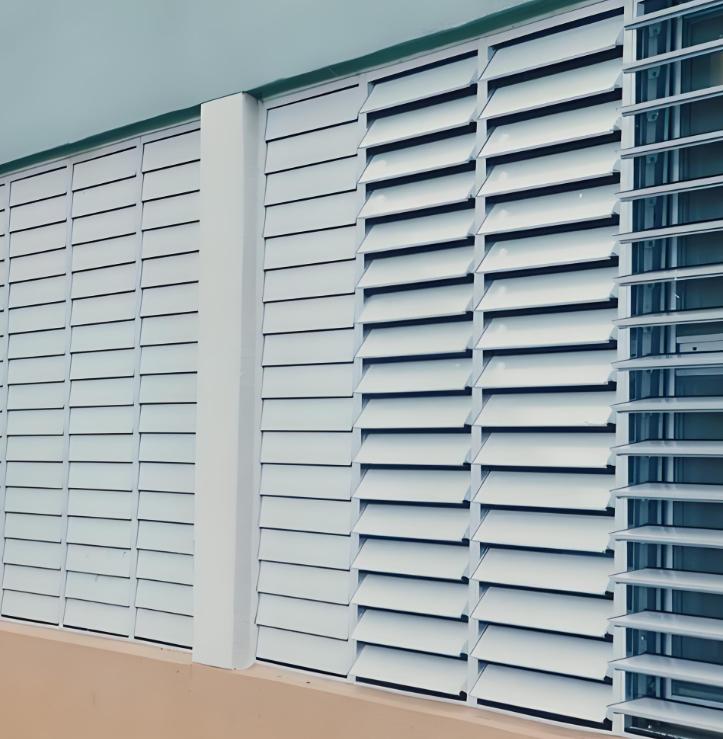
Applications:
- Residential buildings benefit from adjustable louvers for controlling natural light and ventilation based on the time of day and weather.
- In commercial settings, adjustable louvers are used to optimize energy efficiency by regulating heat gain or loss throughout the day.
- HVAC systems use adjustable louvers to fine-tune airflow and pressure in ducts.
Advantages:
- Flexibility: Adjustable louvers offer control over ventilation and light, allowing customization for comfort and energy efficiency.
- Energy savings: By adjusting the louver position, you can reduce cooling and heating costs.
- Aesthetic appeal: They offer a sleek, modern look for building facades.
Curved Aluminum Louvers
Curved aluminum louvers have a distinctive shape designed to follow the contour of a building or structure. This makes them ideal for enhancing the aesthetic appeal of a design while maintaining functional benefits.
Applications:
- Commonly used in modern architectural designs for commercial buildings and large residential properties.
- Often used for shading atriums, windows, and other glass structures to minimize heat gain while maintaining visual appeal.
Advantages:
- Aesthetic enhancement: Curved louvers offer a sleek, contemporary appearance that complements modern architecture.
- Functionality: While stylish, they still offer sun control, ventilation, and energy efficiency.
- Customizable: Curved louvers can be tailored to fit specific design requirements, adding to their versatility.
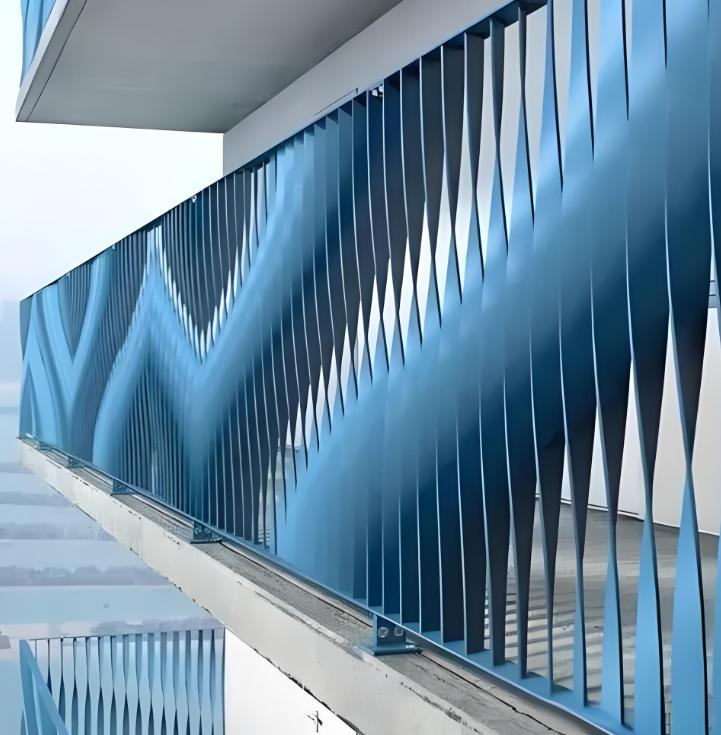
Vertical Aluminum Louvers
Vertical aluminum louvers are designed with vertical slats, providing a sleek and modern look while optimizing airflow and sun control. They are highly functional for controlling sunlight exposure from different angles, particularly on east- or west-facing facades, where the sun’s position varies throughout the day.
Applications:
- Office buildings and commercial spaces: Vertical aluminum louvers are frequently used in tall, glass-covered buildings to manage light penetration and reduce heat gain without compromising on the natural lighting of interior spaces.
- Residential buildings: Homeowners can use vertical louvers to add aesthetic appeal to their exteriors while maintaining privacy and shielding windows from direct sunlight.
- Parking structures and utility areas: Vertical louvers help ventilate parking garages and mechanical rooms, providing adequate airflow while maintaining a polished look.
Advantages:
- Effective sun control: Their vertical orientation offers superior shading from the sun’s varying angles, especially useful for buildings that face rising or setting sunlight.
- Aesthetic enhancement: Vertical aluminum louvers create a modern, clean look for both commercial and residential structures.
- Durability: Made from high-quality aluminum, these louvers are corrosion-resistant and can withstand outdoor elements over time.
Special Use Aluminum Louvers
Ventilation Aluminum Louvers
Ventilation aluminum louvers are designed to optimize airflow, making them ideal for spaces requiring continuous ventilation without compromising protection from rain or debris.
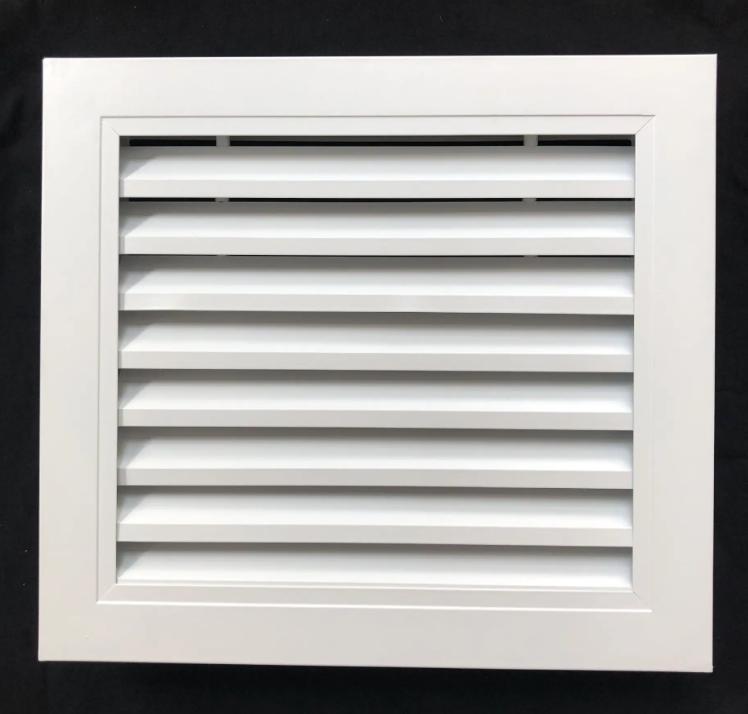
Applications:
- Industrial facilities (e.g., warehouses, factories) use ventilation louvers to maintain airflow while preventing contamination.
- They are also used in HVAC systems, mechanical rooms, and utility spaces where controlled airflow is necessary.
Acoustic Aluminum Louvers
Acoustic aluminum louvers are specifically designed to reduce noise while allowing air to pass through. They are used in environments where noise reduction is critical but ventilation is still necessary.
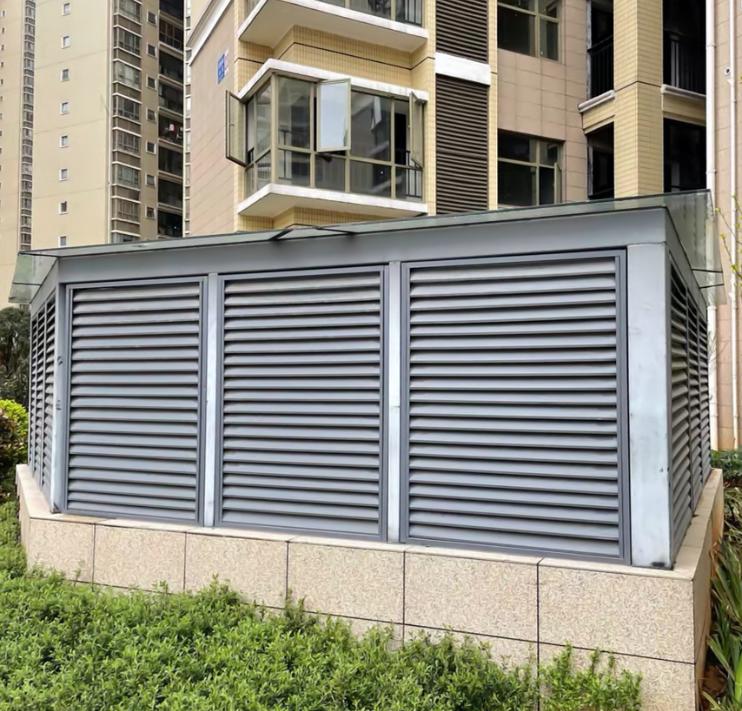
Applications:
- Airports, transportation hubs, and industrial plants rely on acoustic louvers to manage noise from equipment and vehicles while maintaining ventilation.
- Urban buildings close to busy roads or other noisy environments also benefit from acoustic louvers.
Solar-Shading Aluminum Louvers
Solar-shading aluminum louvers are engineered to control the amount of sunlight that enters a building. By blocking excessive heat while allowing natural light, they help improve energy efficiency.
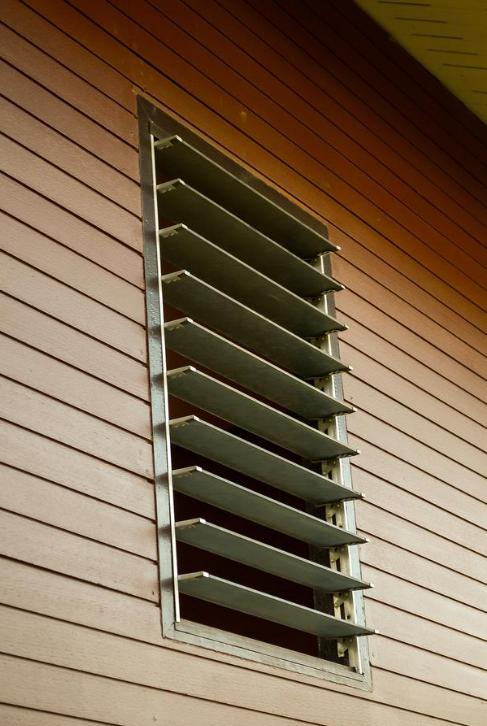
Applications:
- Commercial and office buildings benefit from solar-shading louvers to reduce cooling loads and minimize glare.
- Green building designs often incorporate solar-shading systems to achieve energy efficiency goals.
Storm-Proof Aluminum Louvers
Storm-proof aluminum louvers are designed to withstand extreme weather conditions, such as heavy rain, wind, and storms, while maintaining ventilation.
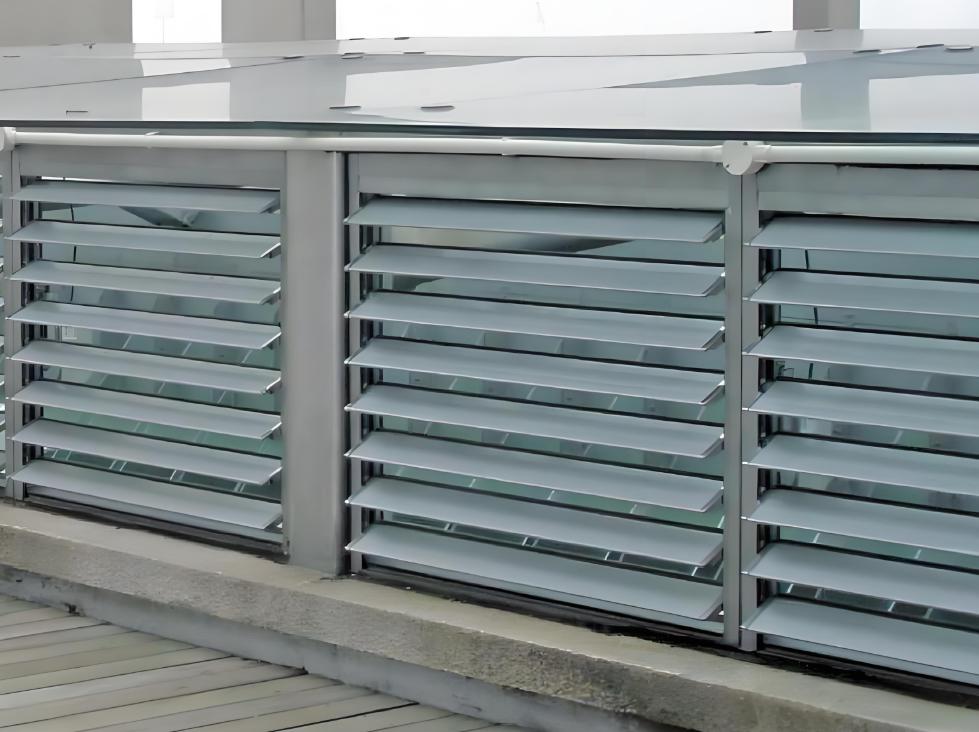
Applications:
- Coastal buildings and high-rise structures where strong winds and rain are common.
- Parking garages and other exposed structures that require protection against harsh weather.
Factors to Consider When Choosing Aluminum Louvers
When selecting aluminum louvers for your project, there are several factors to consider:
- Application: Determine the primary purpose of the louvers. Are they for ventilation, sun control, noise reduction, or weather protection?
- Environment: Consider the environmental conditions where the louvers will be installed. Coastal or high-wind areas may require more durable, storm-proof options.
- Aesthetic Design: Louvers can also serve an aesthetic purpose. Curved or custom-designed louvers can enhance the appearance of a building.
- Maintenance: Some louvers, such as fixed aluminum louvers, require less maintenance, while adjustable systems may need periodic servicing.
- Budget: The cost can vary significantly depending on the type of louver. Fixed louvers are generally more affordable, while adjustable and custom options can be more expensive.
Aluminum louvers offer a wide range of benefits, from improving ventilation and reducing noise to enhancing energy efficiency and protecting against harsh weather. By understanding the different types of aluminum louvers and their specialized applications, you can make an informed choice that suits your project’s needs. Whether you’re looking for a simple fixed louver or a more specialized solution like acoustic or storm-proof louvers, please feel free to contact us for any Aluminum products.

